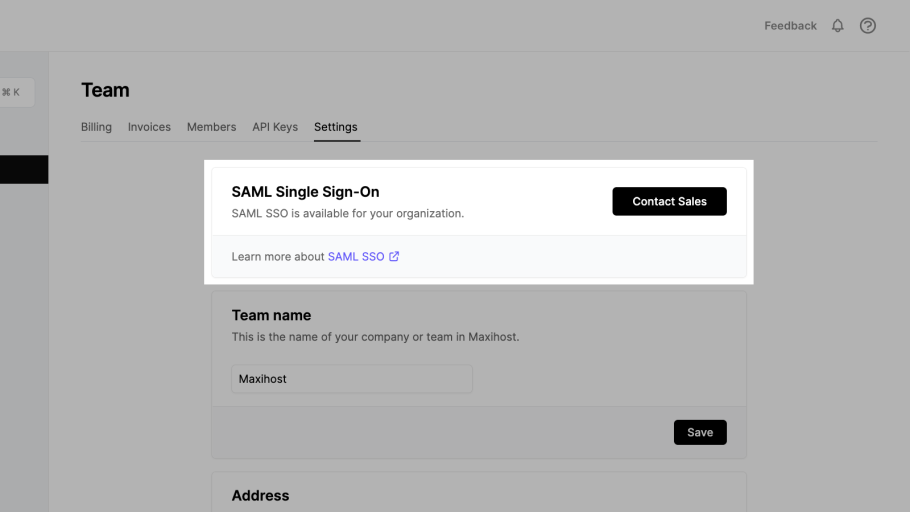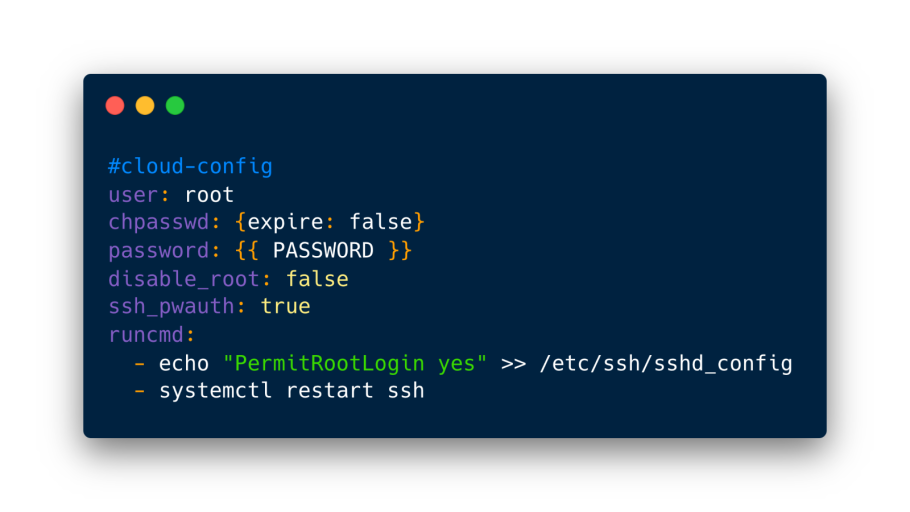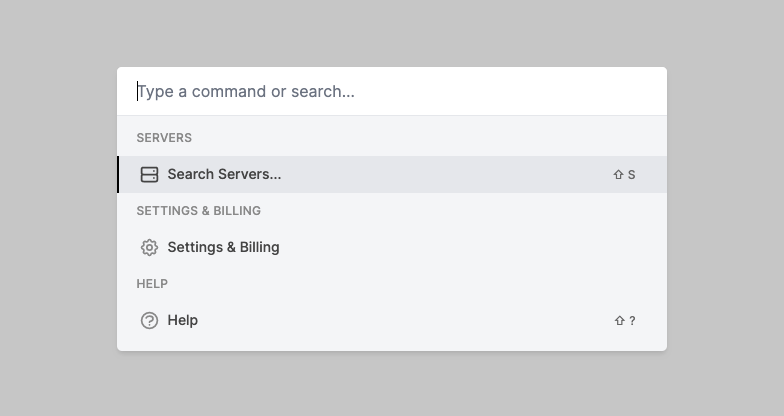
SAML Single Sign-On now available
Teams can now use their identity provider to log into Latitude.sh with SAML Single Sign-On. All major identity providers are supported, including Okta, Active Directory, OneLogin, and Auth0, and can be configured by going to the Settings section of the Settings & Billing page.
There's an optional Directory Sync feature, allowing teams to automatically sync users form a directory provider, adding and removing users automatically based on changes happening in your IAM.
Contact Sales to learn more, and check out the documentation.

Run code on a server's first boot with User Data scripts
User data are small scripts that run on a server's first boot, letting you quickly customize a new server the first time it boots after its deployment.
With user data, you can easily change the root password, notify of a new deployment on Slack, install packages, and more with just a few lines of code.
Check out the documentation as well.

Small features & improvements
We are continuing to ship features and improvements based on your feedback. Here are some recent changes.
Batch deploys: Create multiple servers in one go through the server create page. Check out the docs.
Private Networks beta: Go to the Layer 2 page in the dashboard to sign up for early access to one of our most requested features.
Filters: More filters have been added to the servers page, and you can now filter by region, hostname, and label, using operators like contains, is equal to, has prefix, and has suffix. Additionally, filters are now persisted in the URL, making sharing a specific view with your team easier.

Command Menu
Introducing the Command Menu. Use keyboard shortcuts to navigate without using your mouse. The Command Menu not only helps you navigate the dashboard, but you can also use it to search for servers and IP addresses.
Check out the documentation to see the list of shortcuts available.
